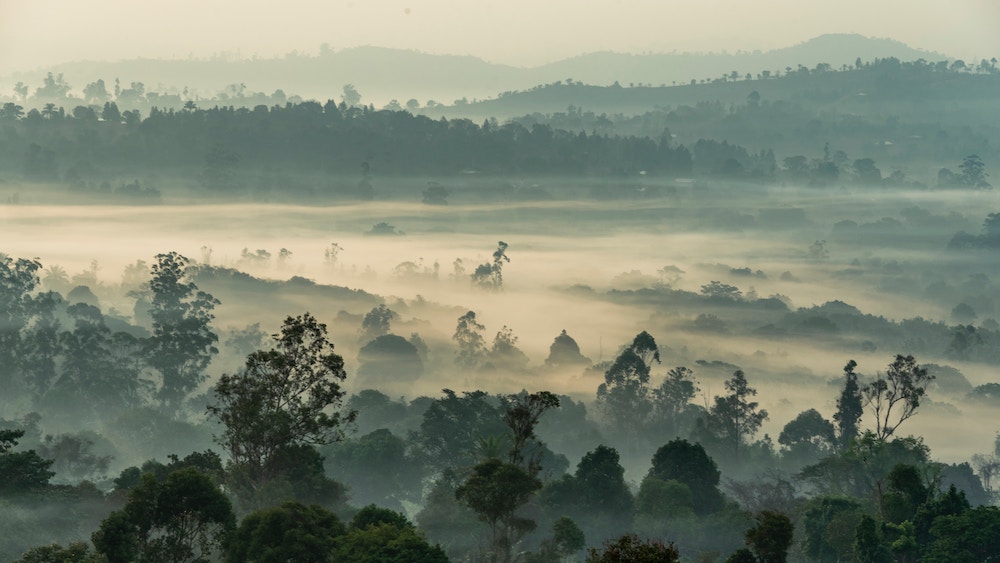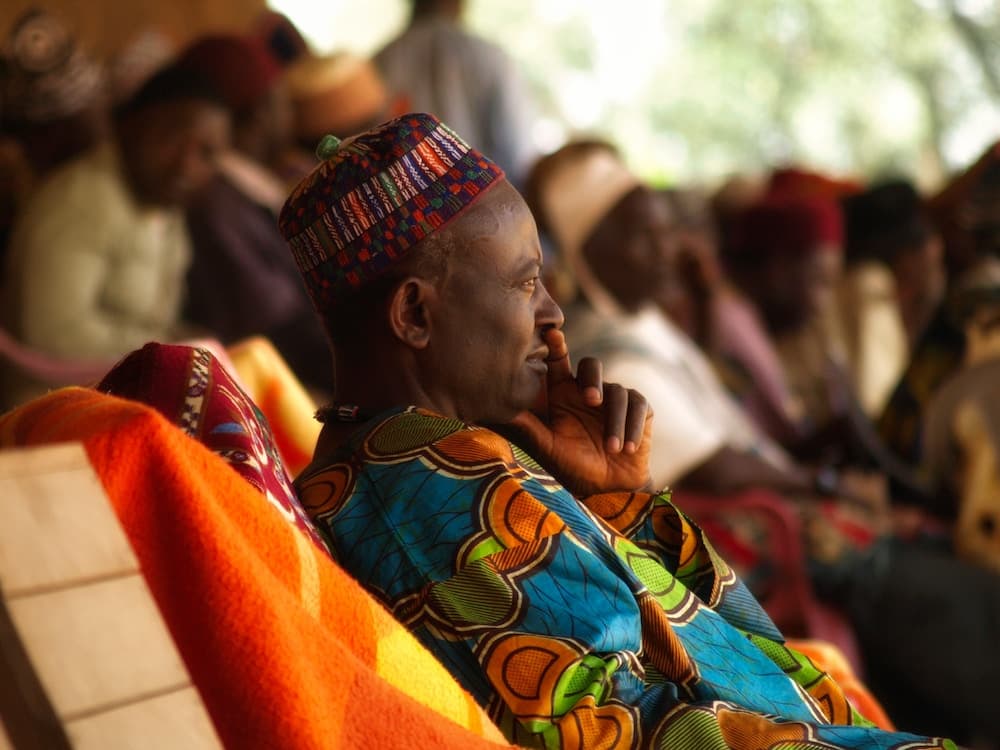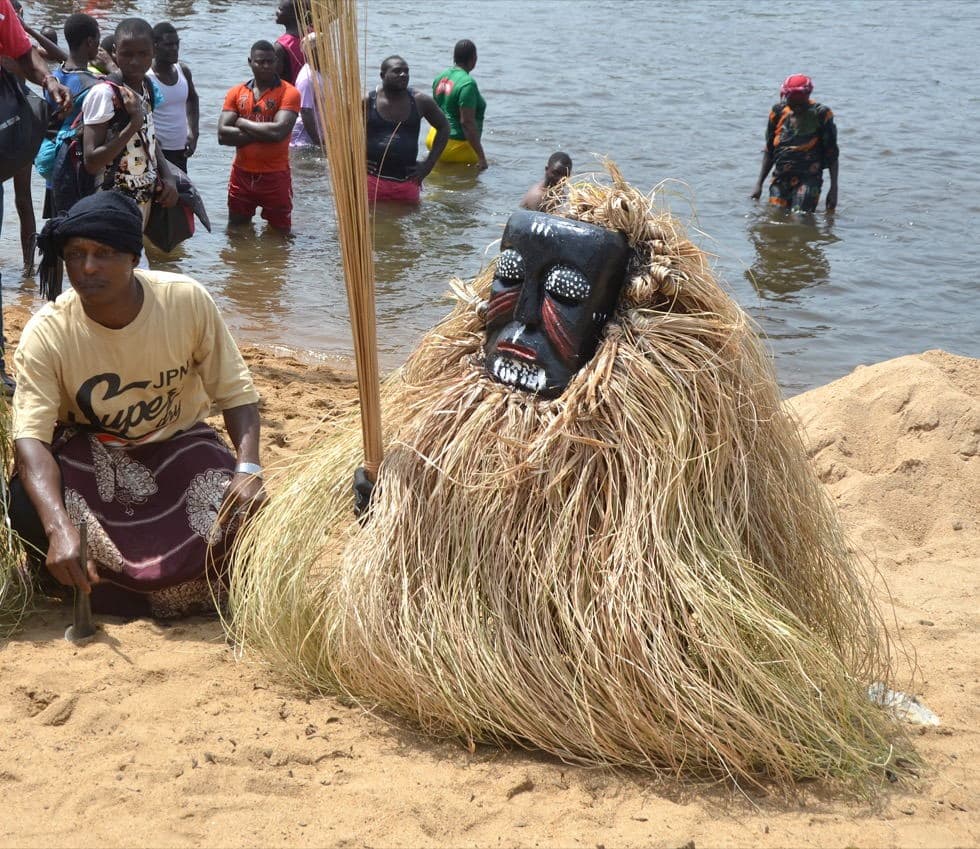Exploring Cameroon's best National Parks and cultural festivals
Cameroon is a country in Central Africa, somehow with the perfect combination of wildlife, culture, and natural beauty-from the green rainforests to the vibrant cultural festivals. There is literally something for everyone in this diverse and exciting country. In this guide, we take a closer look at the best national parks in Cameroon, two of the most popular cultural festivals, and how to get around. We also recommend the best time to visit.
If one travels north, you will be surrounded by extended savannahs and dense rainforests; the Atlantic coastline is endowed with amazing sandy beaches. Each region has its special kind of plant and animal life. The rare flora and fauna are protected by six national parks. You can go on safari in Waza National Park or track chimpanzees, gorillas, and forest antelopes across the tropical forests. It is home to large populations of elephants, giraffes, and imposing elands.
But Cameroon's appeal goes further than its natural beauty. The country hosts dozens of ethnic groups, each with its own very particular culture.
The Bantu, Bamiléké, and Fulani are some of the most well-known tribes, with the Bamiléké people living in the mountains and famous for their vibrant festivals featuring masked and costumed dancers.
In Maroua, the country's third-largest city, you'll be greeted with a warm and relaxed atmosphere that almost feels like a village. As night falls, the city transforms into a lively fair, adding to its charm. For something truly unique, head to Rhumsiki, where you'll witness one of Cameroon's most bizarre and unusual landscapes – a "moonscape" of towering rock needles. This area is home to the Kapsiki ethnic group, and the two-hour hike to the valley is well worth it for the breathtaking views of the 1,000-meter-high Kapsiki peak.
If you're a big game enthusiast, Waza National Park is the place to be. Lions, giraffes, elephants, and rare antelopes such as the roan and topi can be spotted here, with the elephant families gathering in herds of up to 60 at the watering holes.
For those interested in Cameroon's rich history, the metropolis of Yaoundé is a must-visit. The city several museums, including the Musée d'Art Camerounais with its stunning collection of wooden panel ivories, masks, and terracotta objects.
Korup National Park is located in the southwest region of
Cameroon and is home to one of the oldest and most diverse rainforests
in Africa. The park is home to a wide variety of wildlife, including
elephants, gorillas, chimpanzees, and over 1,000 species of birds.
And let's not forget about Mount Cameroon, West Africa's highest mountain. The volcano, located near the coastal city of Douala, is a popular draw for birdwatchers, hikers, and climbers. You can easily climb Mount Cameroon from the town of Buéa, with the ascent being relatively easy. The town also hosts the annual Race of Hope, a 40 km (25 miles) long running race that's not to be missed. For those seeking even more adventure, Mount Kupé is accessible from Mount Cameroon, where you can spot six different monkey species.
How to get around
Cameroon excels at road construction. The good infrastructure makes traveling around the country a lot easier than elsewhere in Africa. Buses are a cheap and reliable option for long-distance travel between cities and towns, and there are several bus companies operating in Cameroon.
Although good roads are not something typically African is, everything along the road will make you feel like you are in the middle of this fascinating continent. From women with buckets on their heads to the smell of roasted bananas and makossa music which gives the ultimate sense of belonging among Afrikaners.
Experience two of Cameroon's most popular cultural festivals
Cameroon is known for its colorful festivals. The Ngondo Festival and the Nguon Festival are two of the most popular cultural festivals in the country, and they offer visitors a unique opportunity to experience the country's rich cultural heritage. Here's some more information about each festival:
Ngondo Festival in Douala:
The Ngondo Festival is an annual festival held by the Sawa people, who are indigenous to the coastal regions of Cameroon, particularly in and around Douala. The festival is held to honor the ancestors and to strengthen the ties between the living and the dead.  Picture by Eva Harms
Picture by Eva Harms
The highlight of the festival is the "Jengu" ceremony, during which young girls dressed in traditional attire dance in the Wouri River to honor the water spirits. The festival also features other cultural events, such as traditional dances, music performances, and exhibitions of local arts and crafts.
Nguon Festival in Bafut:
The Nguon Festival is an annual cultural festival held by the Bafut people, who are indigenous to the Northwest Region of Cameroon. The festival is held to celebrate the harvest season and to honor the ancestors as well. The highlight of the festival is the "Ndimi" dance, during which young men and women perform a traditional dance to the beat of the drums. The festival also features traditional wrestling competitions, horse racing, and exhibitions of local arts and crafts.
Both festivals attract visitors from all over Cameroon and beyond, and they offer a unique opportunity to experience the country's rich cultural heritage. Many of Cameroons festivals take place during the dry season, typically between December and March.
Best time to visit Cameroon
The best time to visit Cameroon largely depends on your travel preferences and the destinations you plan to visit. Cameroon has a tropical climate, with two distinct seasons: a rainy season from May to October and a dry season from November to April.
If you plan to visit national parks, such as Korup National Park or Waza National Park, the dry season (November to April) is the best time for wildlife viewing. During this time, the vegetation is less dense, making it easier to spot animals.